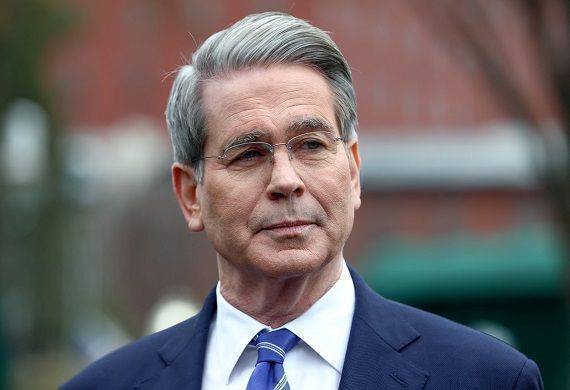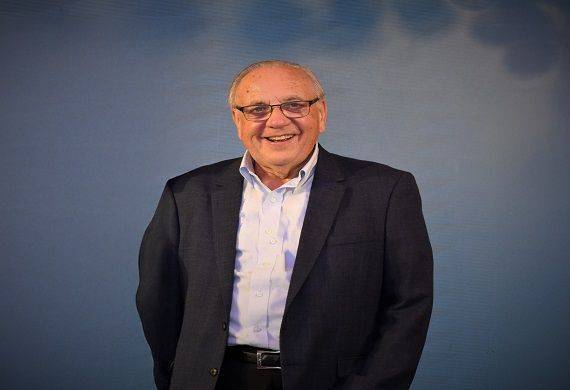US-India Trade Talks Hit a Rough Patch
By Global Leaders Insights Team | Aug 13, 2025

Tensions are rising in trade talks between the United States and India, with U.S. Treasury Secretary Scott Bessent calling India “a bit stubborn” during negotiations.
Speaking on Fox Business Network’s “Kudlow” show on August 12, Bessent expressed frustration over the slow progress in securing a trade deal with India, one of several agreements the U.S. hopes to finalize by the end of October. He described this timeline as “ambitious” but doable, though India’s hesitance is proving to be a major hurdle.
The U.S. is pushing India to lower its tariffs and ease restrictions that make trade tricky, like complex regulations. Things got heated when President Donald Trump slapped a 25% tariff on Indian goods starting August 1, partly because India has been buying Russian oil, which the U.S. considers a violation of sanctions.
- US-India Trade Talks Stall as Tariff Disputes and Oil Imports Fuel Tensions
- Treasury Secretary Bessent Calls India “Stubborn” Amid Stalled Trade Deal Negotiations
- Tariffs, Russian Oil, and Stalled Talks Put US-India Trade Relations Under Strain
Bessent pointed out that India refines this oil and sells it abroad, which he sees as undermining global rules. In some cases, these tariffs have climbed to 50%, hitting Indian exports hard.
India’s Foreign Minister, Subrahmanyam Jaishankar, speaking from New York, admitted the talks are tough but stressed that both sides need to compromise. Indian negotiators have stayed longer in Washington to iron out disputes, especially over tariffs on things like car parts, steel, and farm products. India says it’s open to a fair deal but won’t budge on protecting its own interests.
Also Read: Putin and Kim Discuss U.S.-Russia Talks, Strengthening Ties
India is a small but growing trade partner for the U.S., making up 3% of U.S. imports in 2024 and running a $45.7 billion trade surplus. While the U.S. values India’s role in global trade, it’s frustrated by what it sees as foot-dragging. With a July 9 deadline approaching for a 90-day tariff pause, both countries are under pressure to find common ground. If they can’t, the trade relationship could take a bigger hit.


